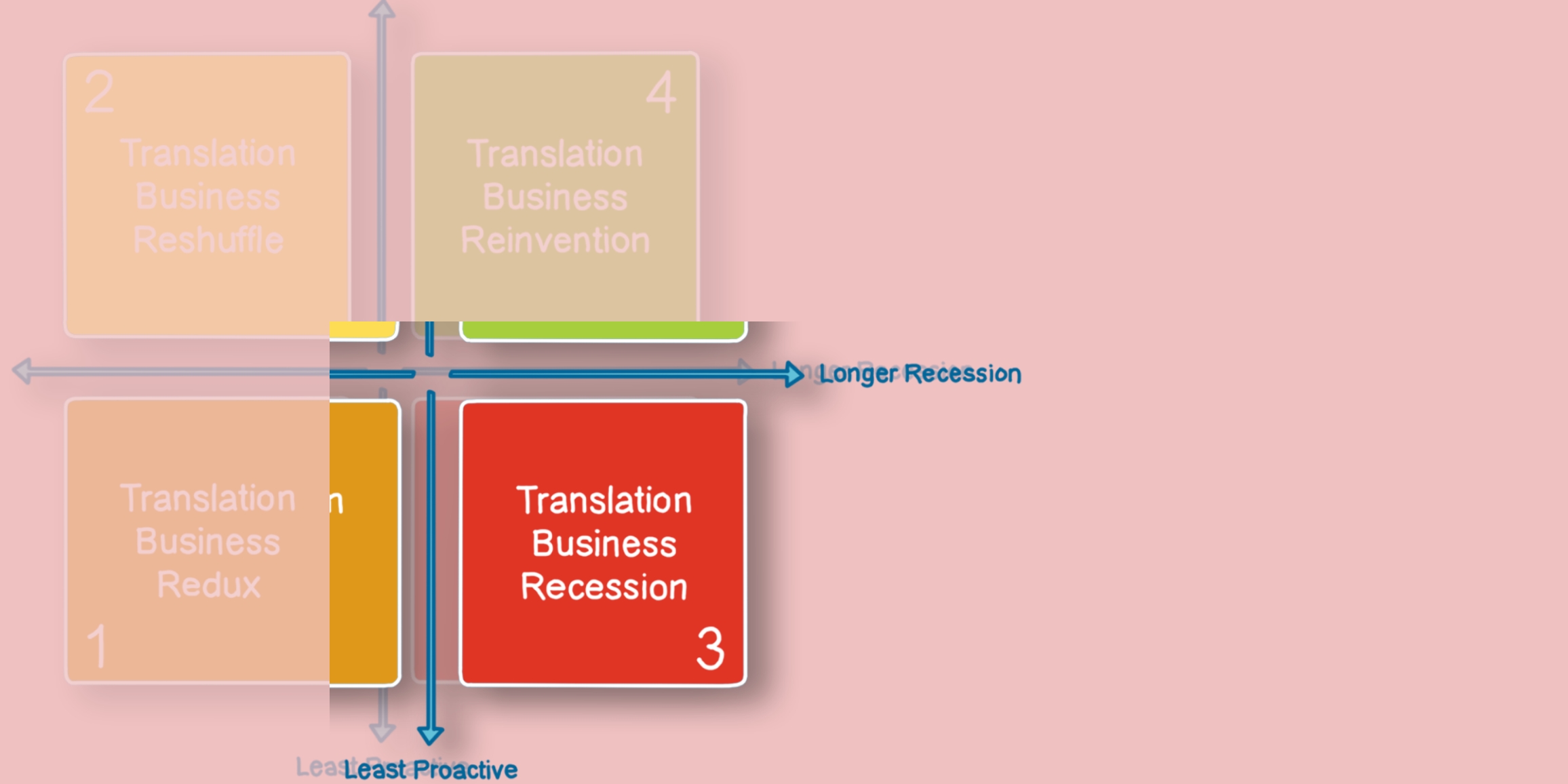Recession in Perspective
20/05/2020

Two hundred people responded to our survey about the state of the translation industry in the summer of 2021. In this series, we will sequentially analyze each post-corona scenario: Redux, Reshuffle, Recession, Reinvention.
Author

Long-time European language technology journalist, consultant, analyst and adviser.
Related Articles
03/06/2025
Discover how AI and innovation are transforming the localization industry and challenging traditional methods.
21/11/2024
Celebrating the 20th anniversary of TAUS this month caused the team to look back at the predictions and outcomes so far. What have we achieved? What went wrong?
 by Dace Dzeguze
by Dace Dzeguze27/11/2023
Explore the fascinating journey of Lisa Vasileva, a Machine Learning Engineer at TAUS, as she transitions from a professional translator to the field of Natural Language Processing (NLP).



